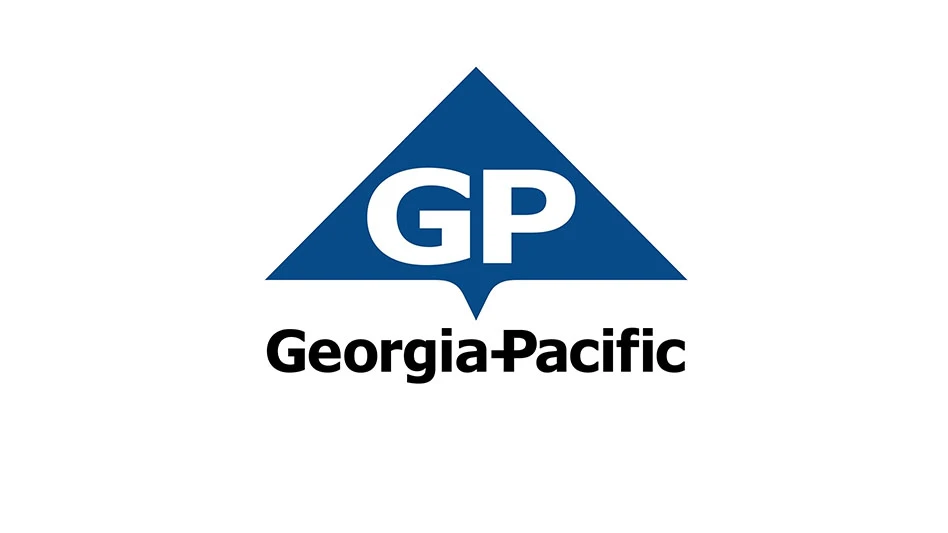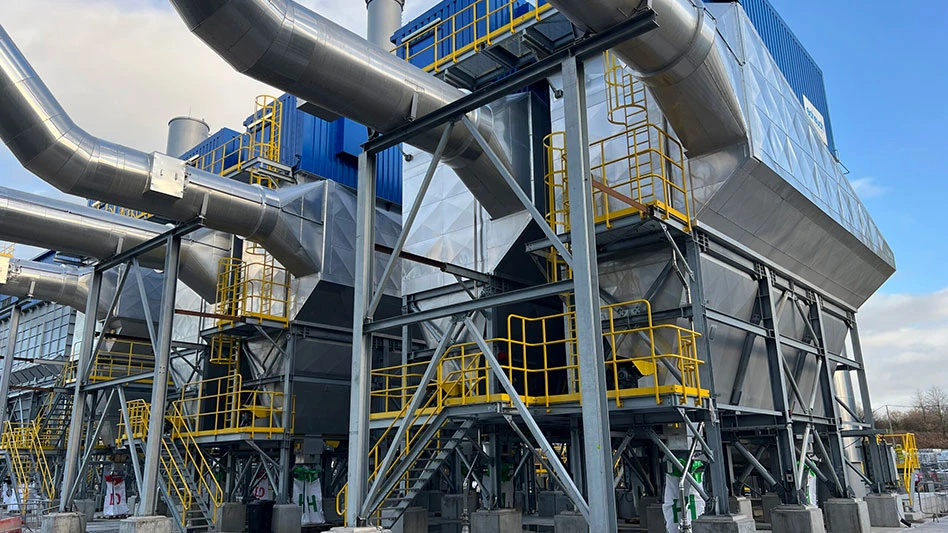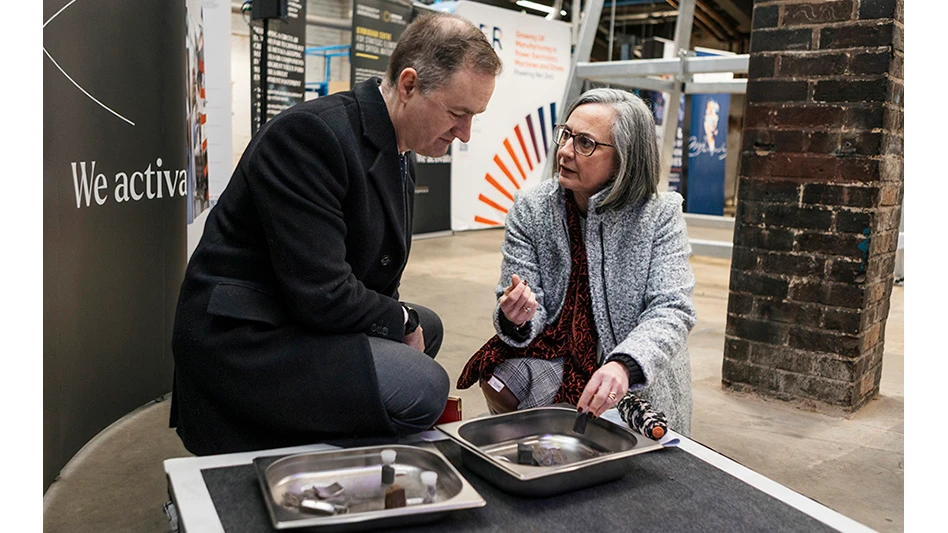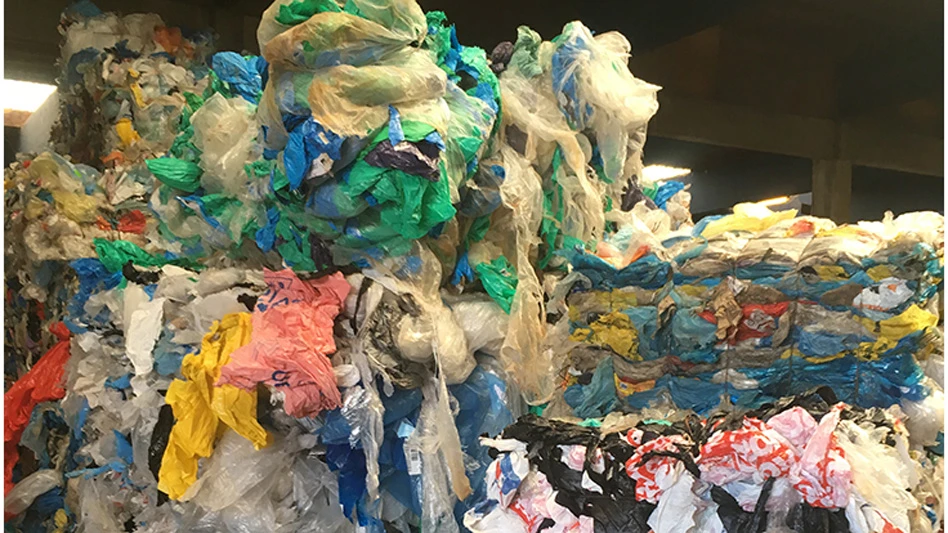According to the results of an online survey of recycling program decision makers conducted by the Curbside Value Partnership (CVP), a Keep America Beautiful (KAB) program, recycling programs are showing signs of economic recovery. However, some worries, such as finding markets for recyclables and reduced program funding, remain major concerns, according to respondents.
The survey, which was a follow-up to a similar survey conducted in March 2009, was administered to CVP’s database of recycling program decision-makers. A total of 311 nationwide responses were recorded for a response rate of 11 percent, according to the CVP.
In response to the question “What worries you most about your recycling program this year,” respondents’ answers were divided among concern over sluggish recycling markets, low program participation and reduced funding.
Sixty-five percent of respondents report that their programs have been affected by the economy in the last 12 months. Many say it’s not because of program budget cuts, but because they cannot find markets for their materials. Fifty-four percent of respondents indicate that their budgets were not cut in the last two months, while 39.5 percent said their budgets were reduced (32.4 percent said the cuts ranged from 5 to 15 percent, while 14 percent reported cuts ranging from 15 to 30 percent).
Thirty-eight percent of those surveyed report that participation is comparable to the previous year, and 34 percent report that participation has increased so far this year. However, 19 percent of respondents say participation has declined from last year, while 8.2 percent say they have no access to data to measure.
According to the CVP, the survey found that respondents are more optimistic than last year, with the majority of respondents (51.4 percent) describing their current state of mind as “full steam ahead” versus last year when the most common description was “riding out the storm.” (Respondents in both surveys were given the same options to choose from.) Forty-two percent of respondents indicate that they are seeing signs of improvement in the economy, with many reporting increases in commodity prices.
When it comes to program education, 55.2 percent say their education budgets are about the same as last year, while 36 percent report reductions.
With tight budgets or the looming possibility of budget cuts in the year ahead, 70 percent of respondents report that they are turning to online resources, like their Web sites, to provide low- or no-cost education to residents. Many report that they are seeking partnerships with other groups and using the free resources offered by local, state and national groups such as SWANA (Solid Waste Association of North America), KAB and CVP to supplement their education efforts.
“These survey results, while informal, demonstrate what we’ve always known about the recycling industry: its resiliency in the face of harsh economic conditions,” says Steve Thompson, CVP program director. “And while this survey was not conducted with a statistical sample, it echoes what we are hearing and seeing among partner communities across the country. We still have a long way to go to get back to where we were, but it’s promising to see signs of recovery among recycling programs. The next year will be very telling.”
“Last year we stated the importance of recycling programs maintaining their education activities despite economic conditions,” says Thompson. “I want to reiterate that importance now. The market value for materials appears to be on the rise, but it is no time to slack off on education. Our research has shown time and again that consistent education is the key to the long-term success of any program.”
The CVP, a program of Stamford, Conn,-based KAB is designed to grow participation in curbside recycling programs nationwide. KAB is a volunteer-based community action and education organization. With a network of nearly 1,000 affiliate and participating organizations, Keep America Beautiful forms public-private partnerships and programs that engage individuals to take greater responsibility for improving their community's environment.
Latest from Recycling Today
- Huber+Suhner expands sustainable packaging usage across fiber optic portfolio
- Lummus Technology invests in tire recycling solution from InnoVent Renewables
- WM plans $88 million recycling facility redevelopment in Florida
- Nonferrous markets start 2026 in dramatic fashion
- Novelis names chief operating officer
- Cards Recycling, Live Oak Environmental merge to form Ecowaste
- Indiana awards $500K in recycling grants
- Atlantic Alumina partners with US government on alumina, gallium production





